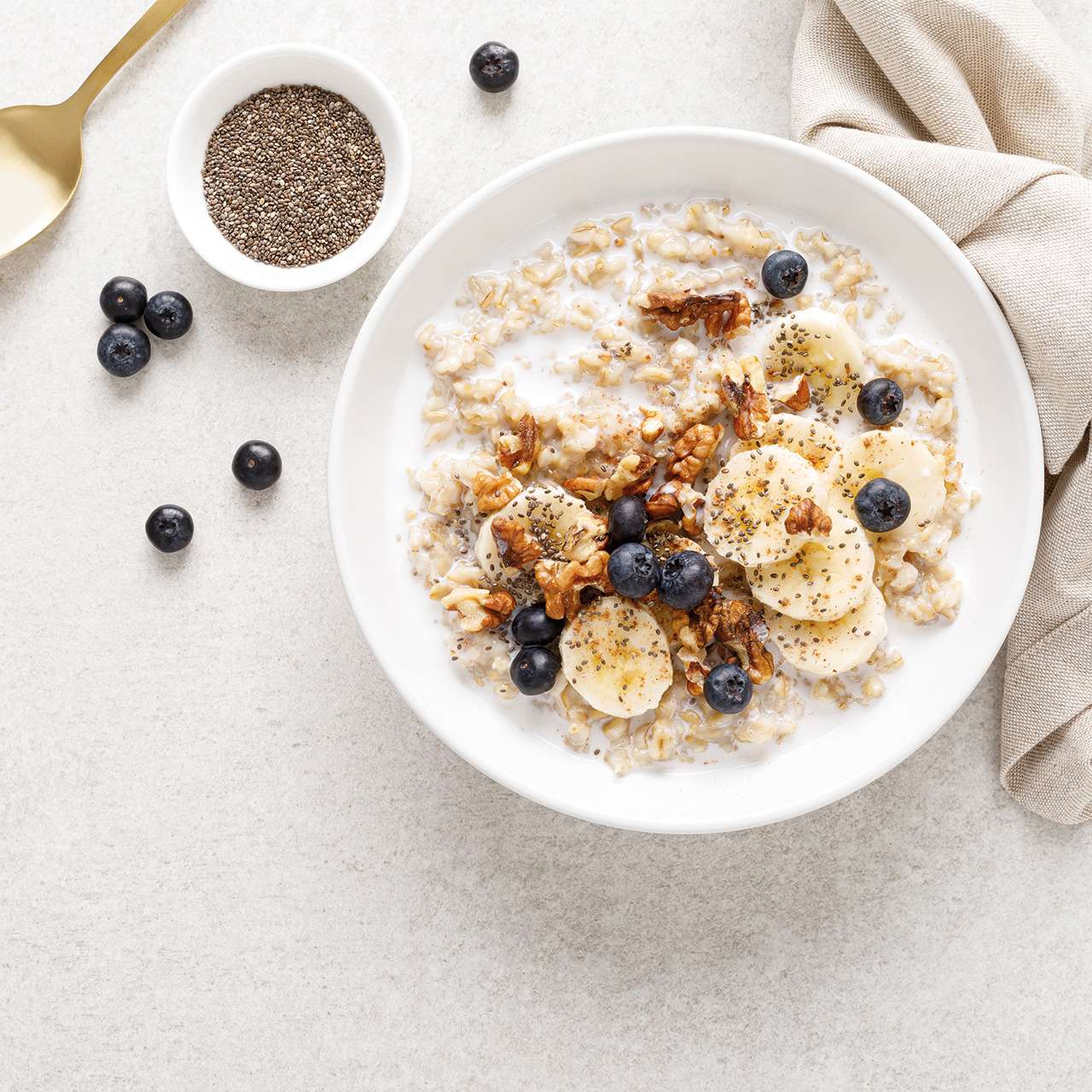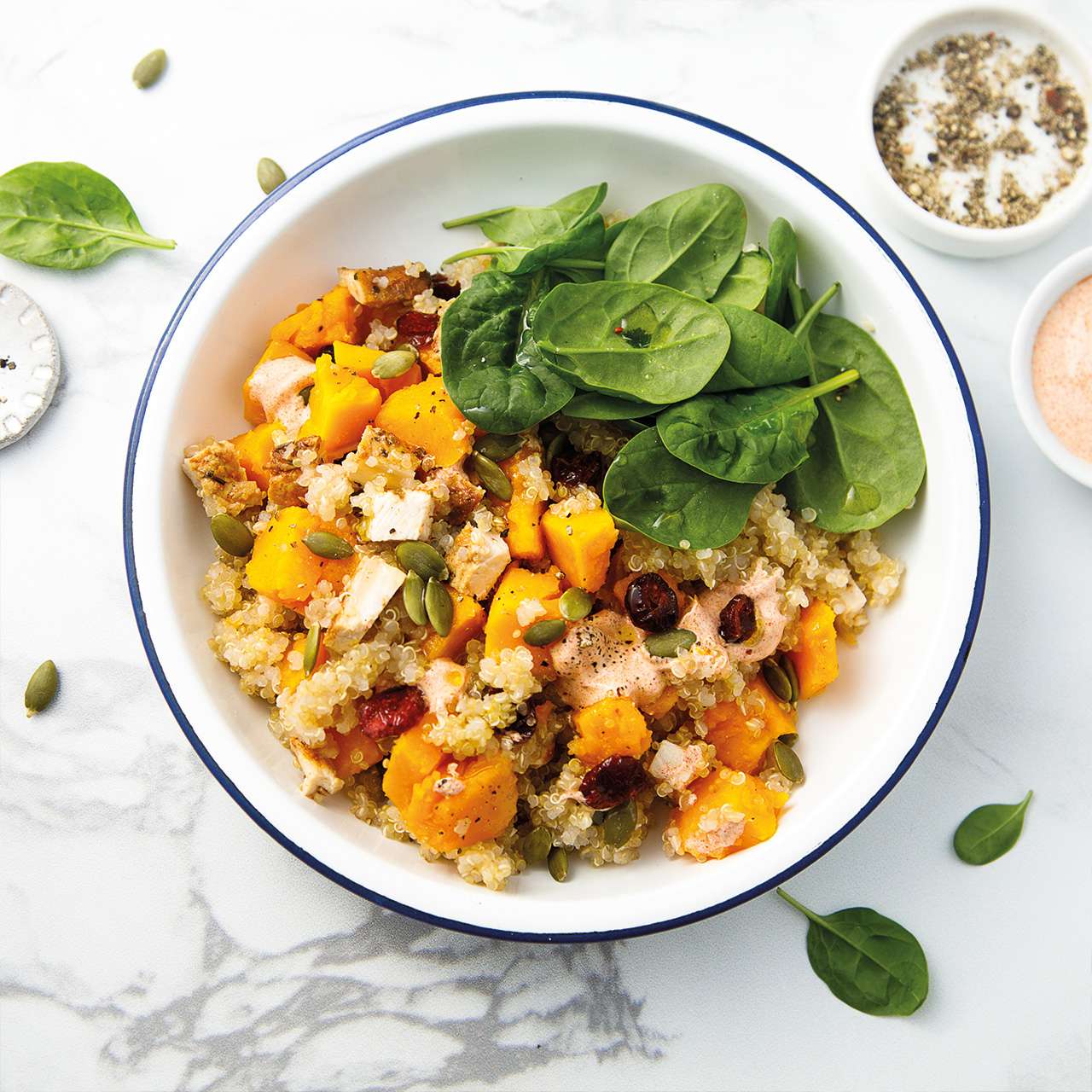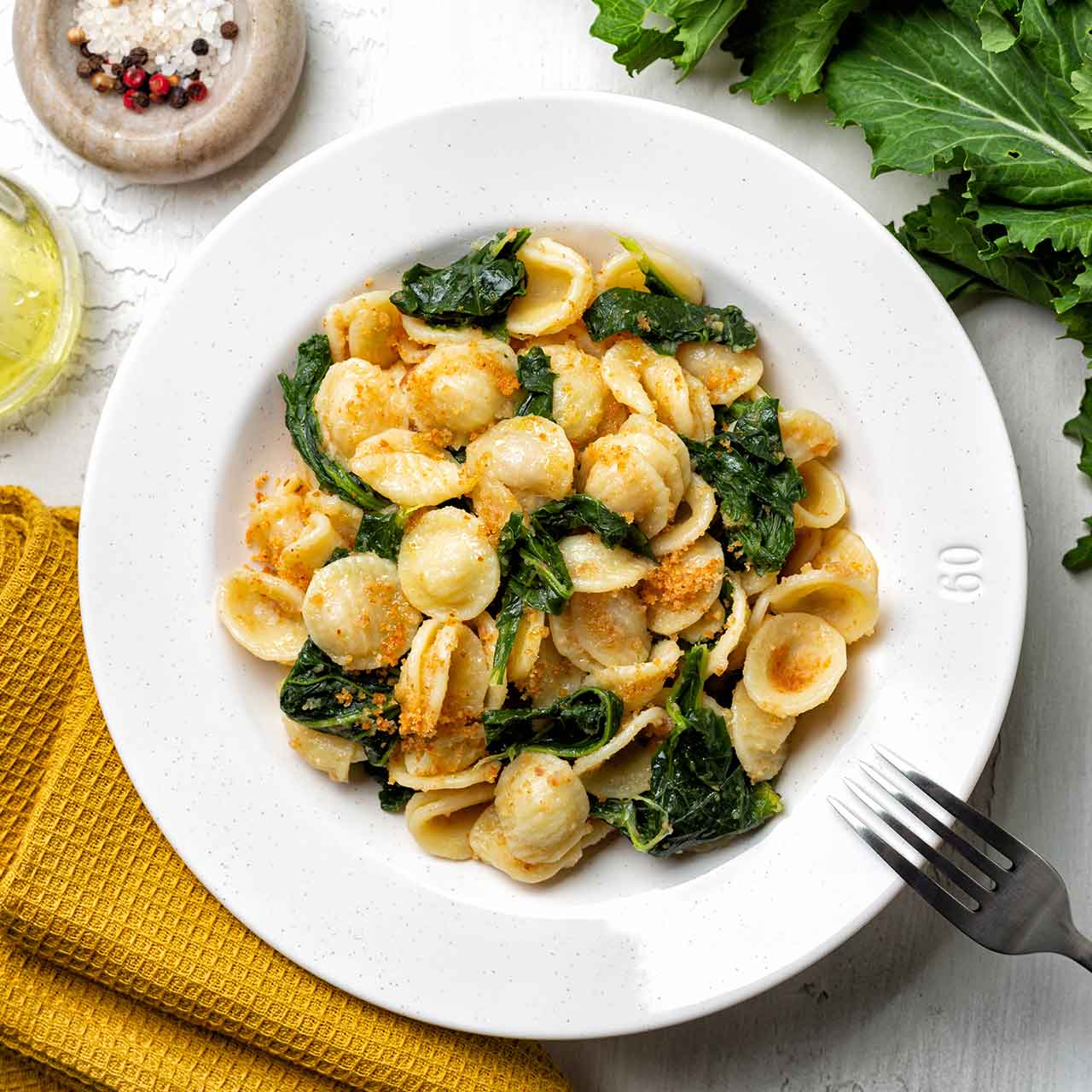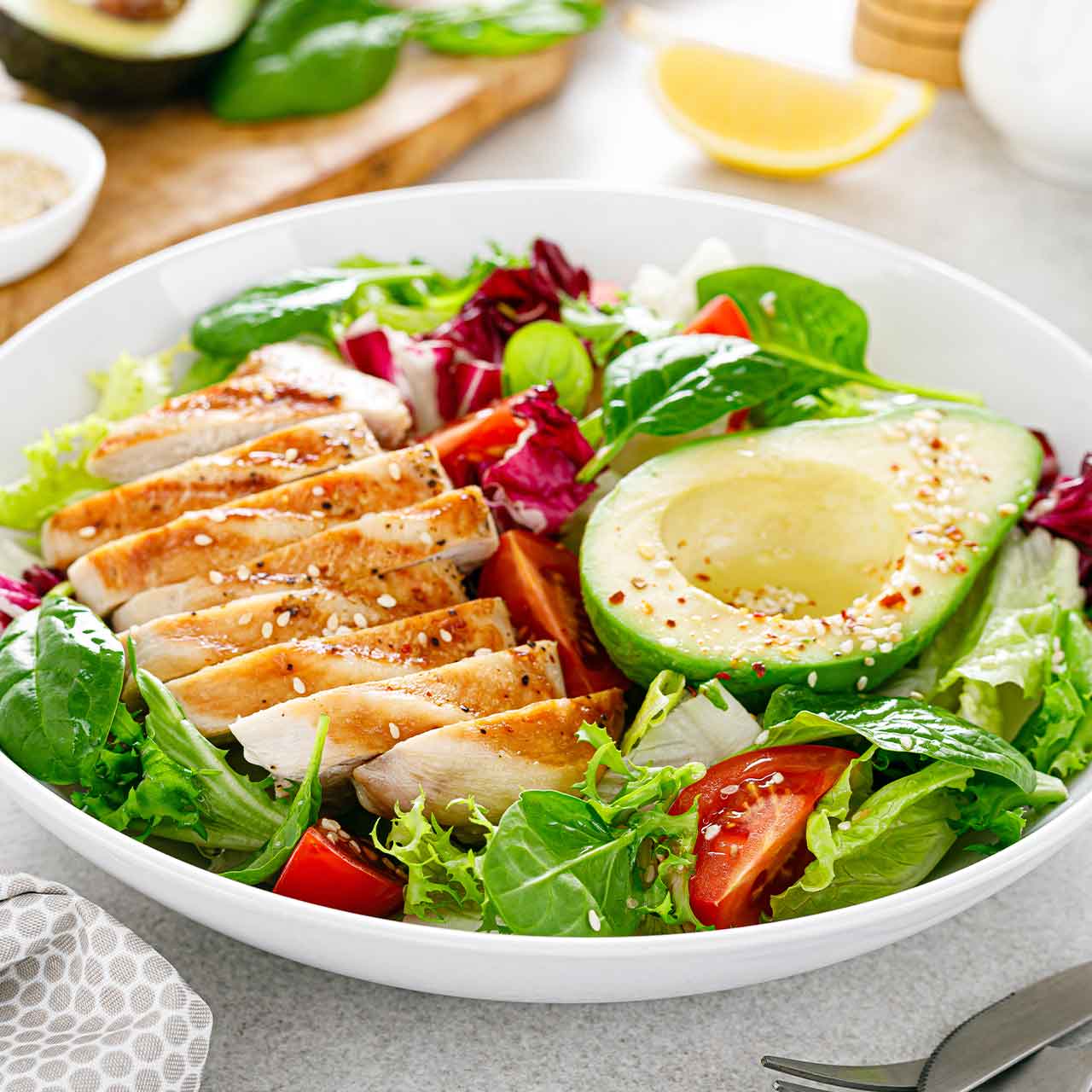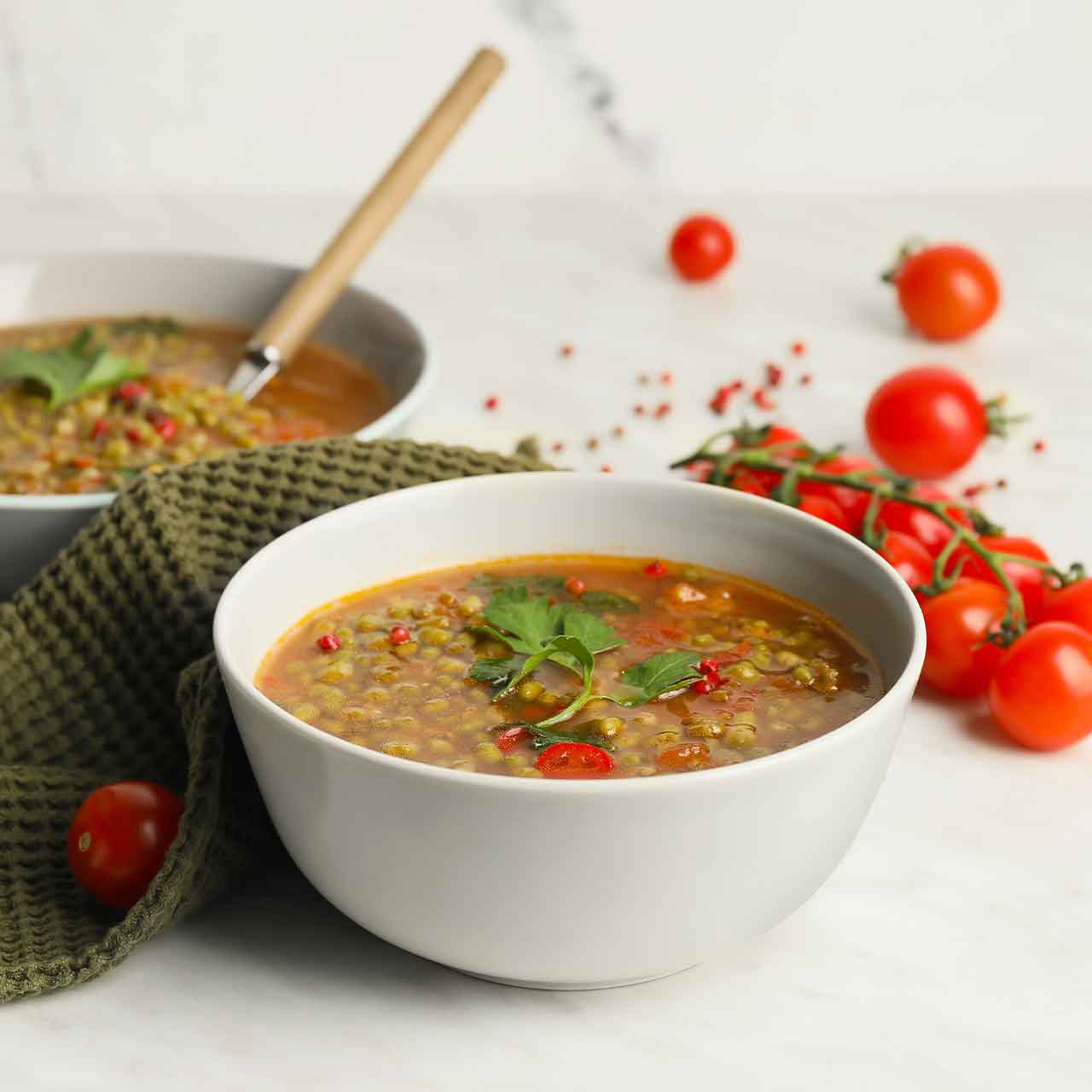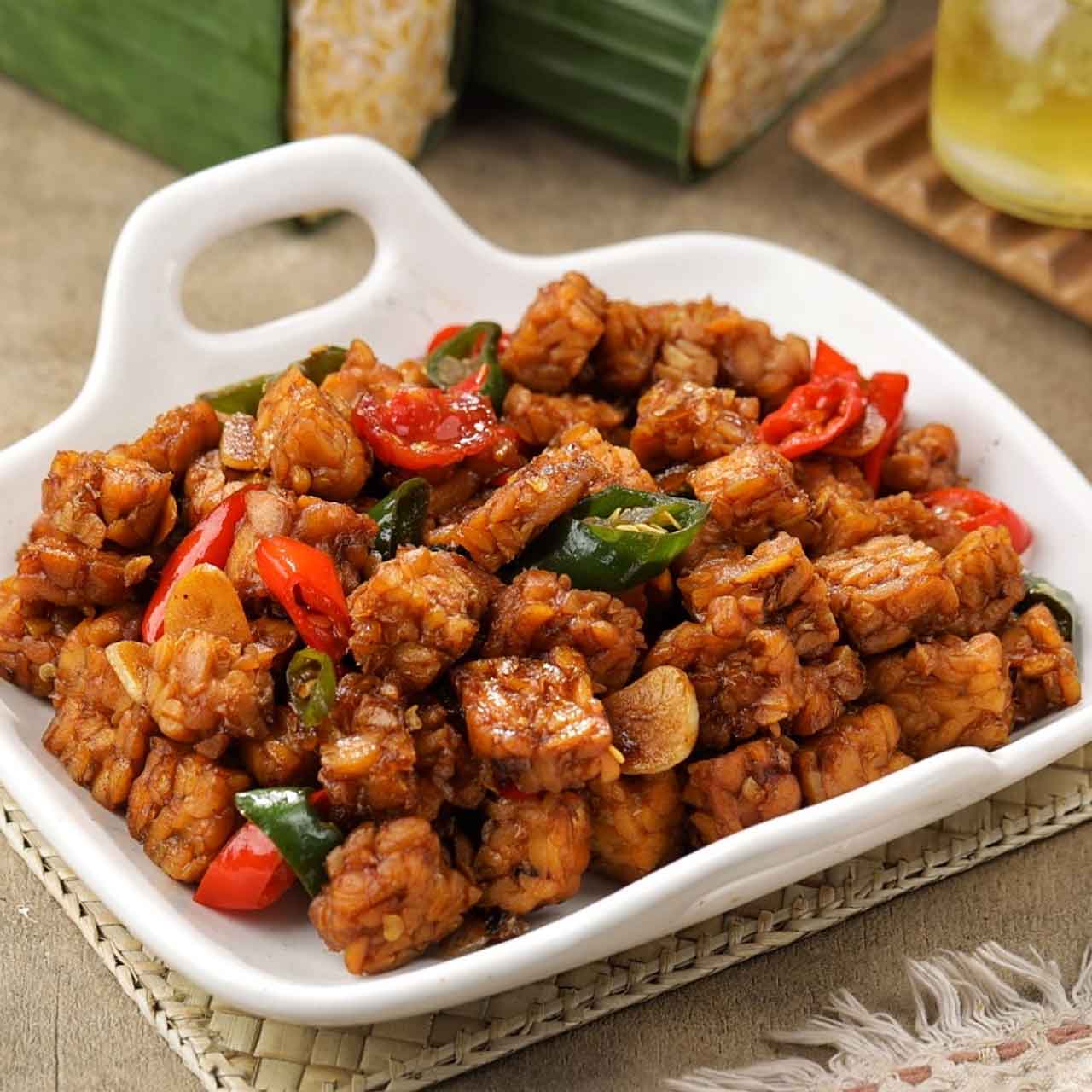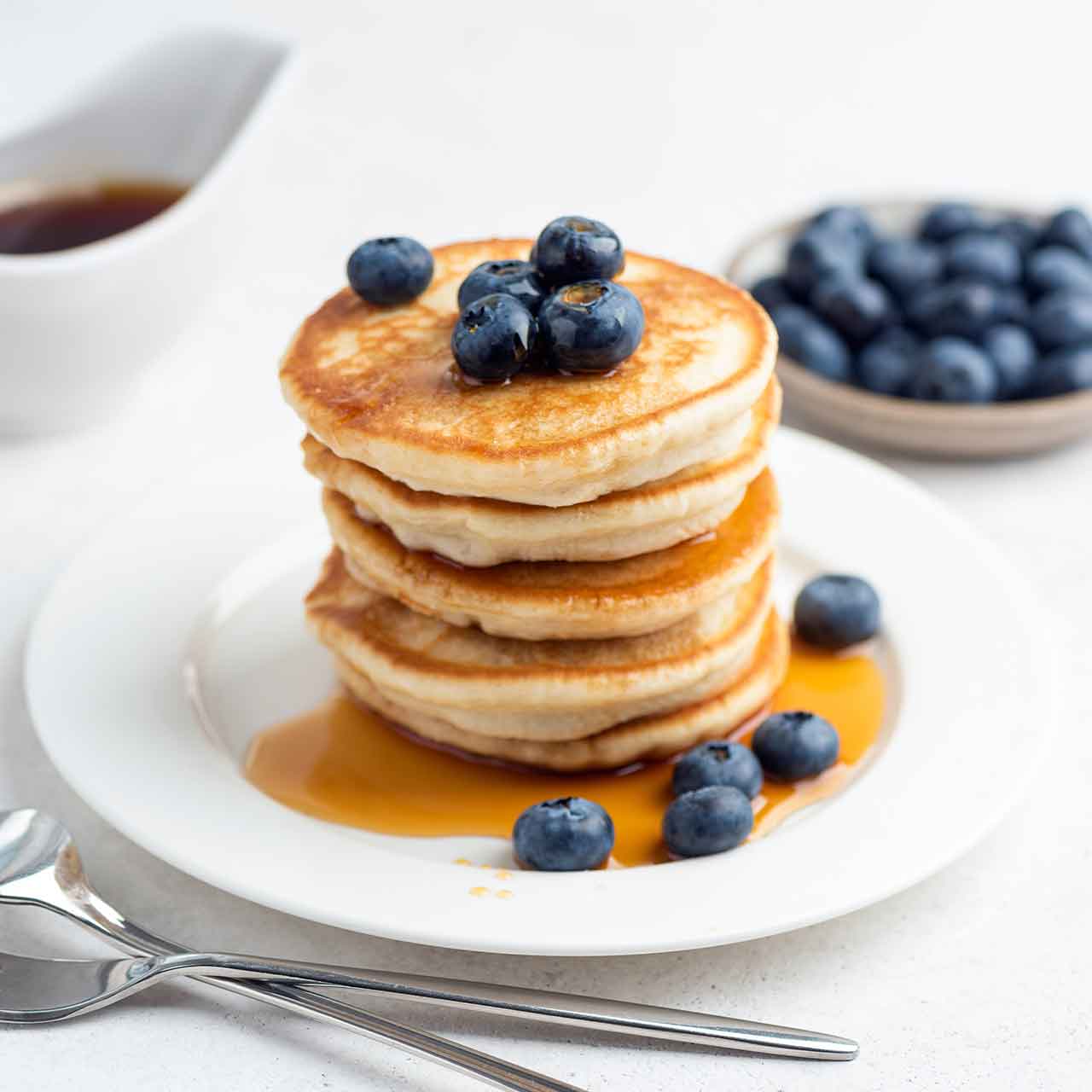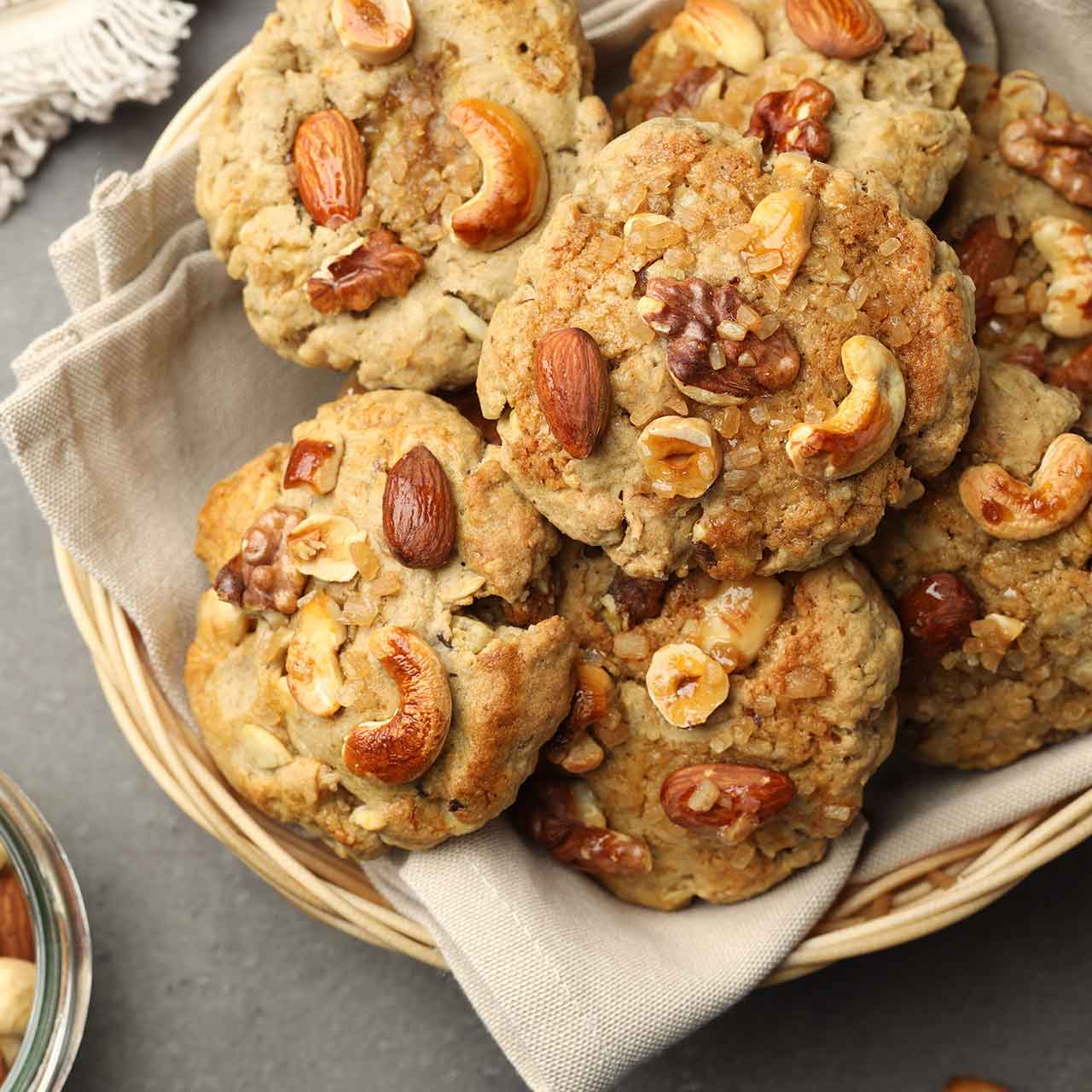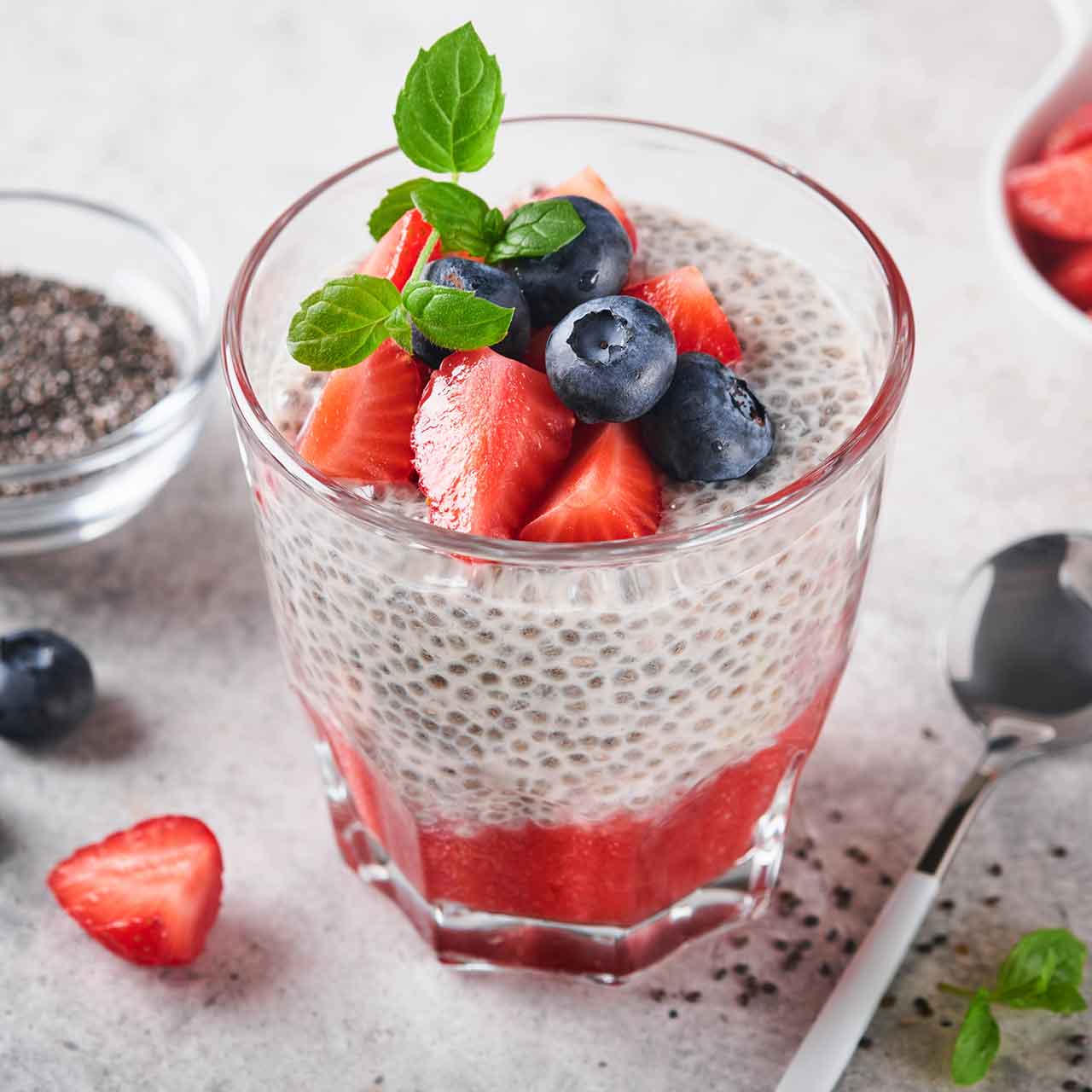Reduce weight with a balanced diet
When athletes want to lose weight while maintaining their performance and energy for training, it is important to follow a balanced diet that meets both calorie expenditure and nutrient requirements. Here are some targeted nutrition tips that can help with weight loss without compromising athletic performance:
Conclusion:
Losing weight as an athlete requires a careful balance between reducing calories and maintaining performance. By focusing on protein-rich foods, complex carbohydrates, healthy fats, and fiber-rich foods, and ensuring proper hydration, you can ensure that your body gets the necessary nutrients to continue training effectively while losing fat. A moderate calorie deficit, regular meals, and a healthy diet are key to success.
10 nutrition tips for athletes
Dont’s for muscle building
Green superfoods
Honey before bed – beneficial for athletes?
Myths & facts about sports nutrition
Non-alcoholic wheat beer – isotonic sports drink?
Nutrition tips for muscle building
Reduce weight with a balanced diet
Superfoods to mix in
Vinegar for fat burning & energy
Vitamin C boosters
What constitutes a balanced diet?

